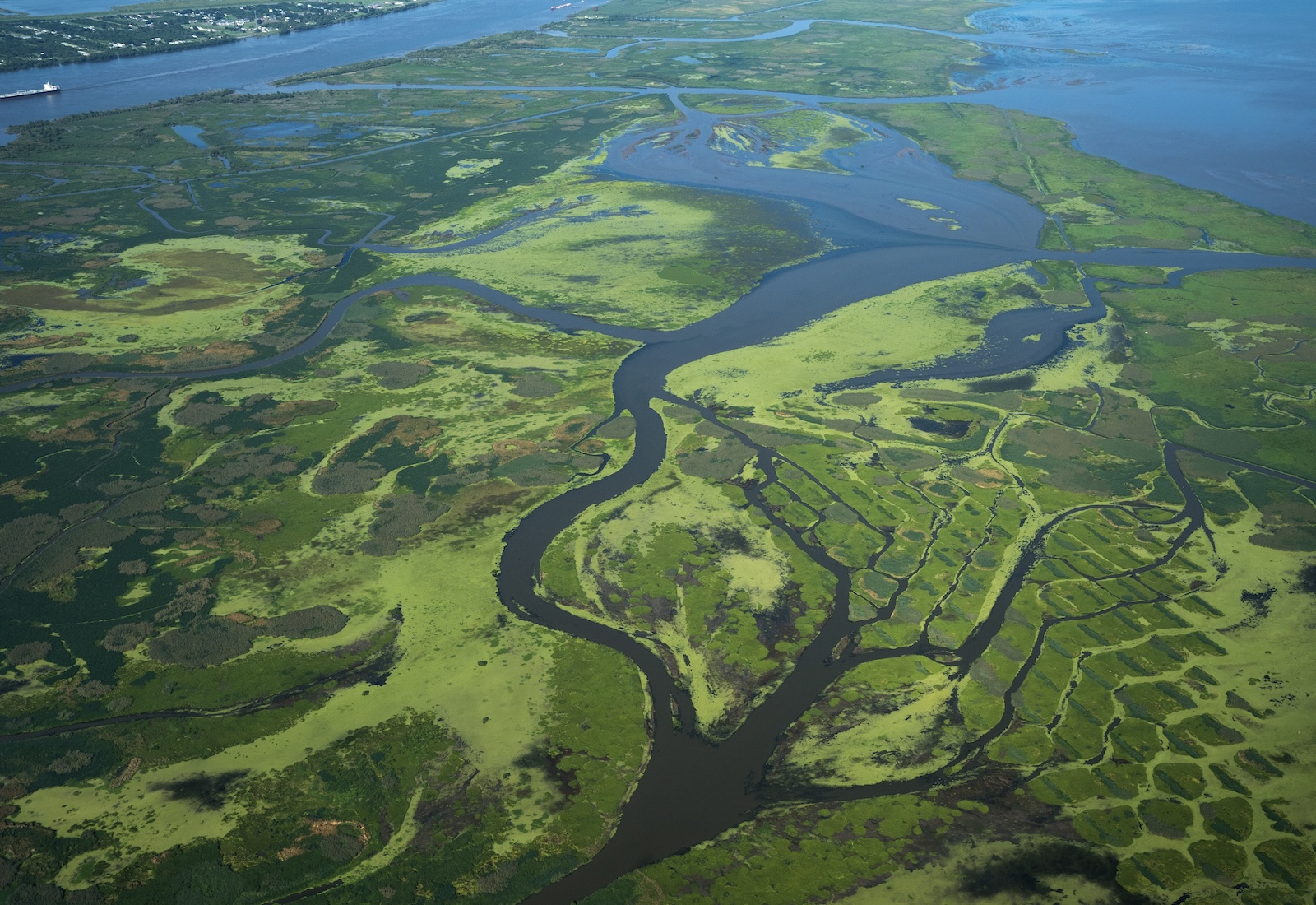Climate change did not take center stage during this week’s presidential election; it did not even seem to be in the wings or in the theater. Instead, the U.S. elected a candidate who has a history of rolling back environmental protections and has spoken openly about his desire to “drill, baby, drill” for more fossil fuels.
But a handful of ballot initiatives showed that voters are, in many places, interested in shoring up climate resilience and conservation. “There’s no sugar-coating” the results of the presidential election or Republicans’ takeover of the Senate, said Justin Balik, senior state program director for the advocacy group Evergreen Action. But “when push comes to shove, there are voters across the country that care about protecting the environment and cleaning up pollution, especially when it’s articulated in concrete, specific terms.”
In Minnesota, for example, voters overwhelmingly approved a constitutional amendment to continue allocating at least 40 percent of state lottery revenue to an environment and natural resources trust fund until 2050. Since its creation in 1988, the fund has funneled hundreds of millions of dollars into more than 1,700 projects statewide — including local parks, maintenance of the Superior Hiking Trail along Lake Superior, and a wolf conservation center in Ely, Minnesota.
The fund has supported “everything from the data collection that we all use in our work, to direct, on-the-ground projects, plus a lot of things in the clean energy space,” said Kris Larson, CEO of the nonprofit Minnesota Land Trust. He specifically mentioned its contribution to research at the University of Minnesota and affiliated institutions on how climate change is affecting lake water quality and bird and plant populations.
The amendment also sets up a new community grant program supporting environmental education and “helping adversely impacted communities respond to environmental degradation and related health concerns.”
“It really shows that, at least in Minnesota, protecting our outdoors is something that really matters,” said Liz Deering, communications director for the nonprofit Conservation Minnesota.
Similar initiatives to fund conservation or climate resilience passed in California, Colorado, Louisiana, and Rhode Island. Balik said they succeeded because they conveyed the concrete benefits of environmental action: “What does this mean for the air that you’re breathing, how does this make your energy more affordable, how does this make your community safer?”

In California, Proposition 4 authorized the government to borrow $10 billion for a number of environmental projects, including mitigation of the state’s megadrought — which is the worst in 1,200 years and was made more likely by human-caused climate change. The money will also fund efforts to prevent wildfires and protect coastal areas from sea level rise. A proposition in Colorado approved the use of tax revenue from sports betting — which has been legal in the state since 2020 — for water conservation and management projects.
Rhode Islanders approved $53 million in government borrowing for projects related to flood prevention, restoring coastal habitats, and improving forest health. And in Louisiana, voters supported a constitutional amendment requiring federal revenue from offshore energy generation — including wind, solar, and tidal energy, in addition to oil and gas — to be placed in a fund for coastal restoration.
Joshua Basseches, an assistant professor of public policy and environmental studies at Tulane University, told Grist the Louisiana fund does “critical work in combating erosion made worse by climate change and thereby improving the sustainability of the state’s economy and the well-being of its people.
“The amendment is also an acknowledgement that renewable and alternative energy is the future, and that even though Louisiana is an oil and gas state, it wants a part in that future,” he added.
Balik, with Evergreen Action, said ballot initiatives will help push forward the climate and environmental agenda during a second Trump administration. “The presidential vote — I don’t think there are many people who would call that a referendum on the clean energy or climate agenda,” he said. “The reasons why people vote the way they do are multifaceted,” but people tend to favor green policies when the issues are isolated.
B. Rosas, policy manager for the Minnesota-based nonprofit Climate Generation, said the passage of climate- and environment-related ballot initiatives — plus several initiatives affirming reproductive rights and raising the minimum wage — was a bright spot in what has otherwise been a difficult week for the climate movement.
“It’s spreading the message that people do want these progressive policies that are not only going to protect their well-being,” they said, “but the well-being of our planet.”





